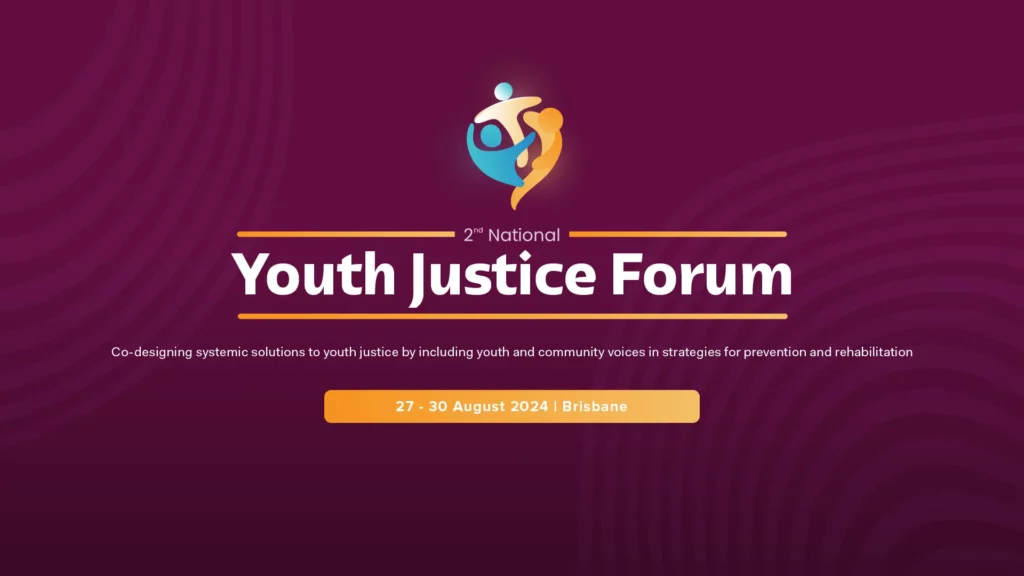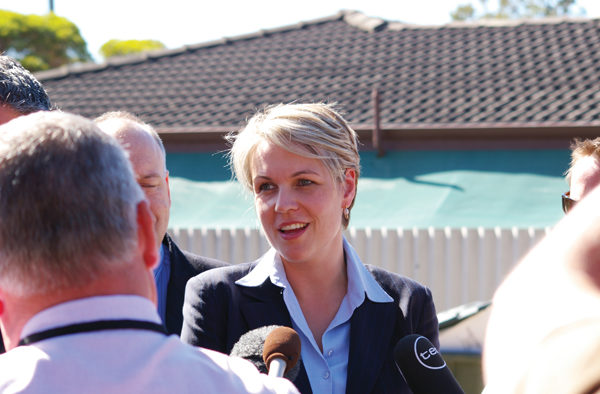As part of its commitment to support a strong and productive not-for-profit sector, a ‘major reform agenda’ was promised by the Gillard Government in the
pre-election environment.
Upon re-election, one of the many cabinet re-shuffles within the Gillard Government was the shift of responsibility for the not-for-profit sector to the portfolio of Minister Tania Plibersek.
Third Sector requested more information from the newly-positioned Minister for Social Inclusion about the Government’s outlook for the sector for the next five years, detail on the implementation of the reform agenda, and how these reforms would cater to the different organisations that make up
the sector.
The good life
Most Australians enjoy a good life.
They receive a good education, work in a decent job and are able to support their families. On average, Australians enjoy one of the highest standards of living across the world.
According to a recent report released by the Organisation for Economic Co-operation and Development (OECD) “the Australian economy has been one of the most resilient in the OECD during the global economic and financial crisis”, and Australia’s future growth prospects remain bright “with potential growth among the strongest in the OECD”.
We avoided recession and our economy is recovering well. But this does not mean our challenges are behind us. We must build on our success and create a stronger, fairer Australia so that our national prosperity is shared by all.
Social inclusion
The Gillard Government’s vision is that all Australians have the opportunity to participate in our society and contribute to the nation.
We have already made big changes to help make Australia more socially inclusive. People in work have the security of new fair workplace laws, while people without work can get the help they need through Job Services Australia.
We are investing $5 billion to tackle homelessness, with new homes and support services across the country.
By 2013 every Australian child will be entitled to more than two days a week of pre-school, helping our kids to kick-start their education.
We are working to close the gap for Indigenous Australians by investing
$4.6 billion to improve health services
and support for Indigenous people in remote areas.
The Government is also improving the way it delivers health, welfare and social services – particularly to those Australians who need the most help. This will help to give disadvantaged Australians the opportunity to participate in their community and contribute to our economy.
Strengthening the not-for-profit sector
Another important component of the Government’s second term social inclusion agenda is strengthening the not-for-profit sector. The Government is driving a major reform agenda to deliver smarter regulation, reduced red tape and greater transparency of the sector.
The not-for-profit sector is a key partner in delivering a range of services on behalf of the Government, as well as playing a critical role in the fabric of our communities through sport and recreation, arts and culture, environmental conservation and awareness, and emergency services.
It is imperative that we create the right environment for the sector to be able to thrive and use its resources in the best way possible. Charities should be supported to do what they do best – help people – rather than filling in unnecessary forms.
The Office
To drive these reforms, I have established the Office for the Not-for-Profit Sector
within the Department of Prime Minister
and Cabinet.
The Office will work closely with the Not-for-Profit Sector Reform Council, which will be made up of experts and community leaders from across the country. The Reform Council will be a valuable source of advice for the Government. We have received 285 submissions of expressions of interest for the Reform Council. I will announce the membership of the Council before the end of the year.
‘One-stop-shop’ regulator
A key priority for the Office and the Reform Council will be to examine the scope of a national ‘one-stop-shop’ regulator for the not-for-profit sector, to replace the complex web of rules and regulations currently in place.
For those not-for-profit organisations operating on a national level or across a number of states and territories, the differences in the regulatory frameworks can be very difficult to navigate. The Office and the Reform Council will be addressing this issue in conjunction with states and territories to achieve greater harmonisation and simplification.
Simpler business with government
The Government has committed to a thorough examination of the efficiency of tendering, contracting and acquittal arrangements between government agencies and not-for-profit organisations.
As well as this, we are developing a
new common form contract for arrangements between government agencies and the sector.
All of this will make doing business with government much simpler.
Necessity for reform
In embarking on this reform agenda
there is no denying that there will be challenges ahead.
The not-for-profit sector is extremely large and diverse. There will be many different views across the sector on priorities for reform and the order in which they should be tackled.
Reform is also well overdue. For a sector that contributes more than 4 per cent to Australia’s GDP and employs 8 per cent of the workforce, there has been too little focus on how to improve the laws and regulations that govern the way it operates.
Working together
By working together we can achieve a society in which all Australians have the opportunities, resources and capabilities to engage with their community.
For more information, visit
www.socialinclusion.gov.au.
















































































































































